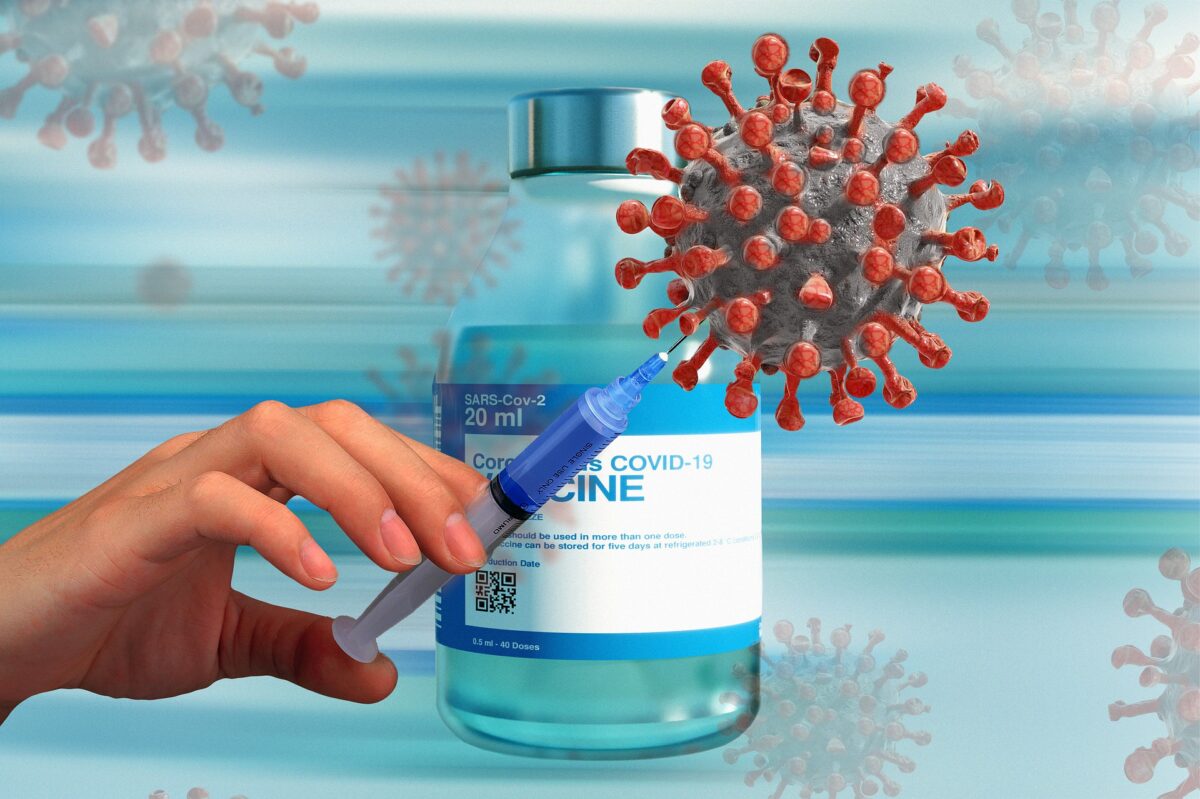I’ve been searching for some articles I found last year regarding COVID-19 and vaccines and have had a hell of a time finding anything. Search is basically useless now for anything COVID related. The main thing I was searching for but could not find is an article about past mRNA vaccine trials in animals. I remember those trials were halted because the vaccine didn’t cause the animals any problems but when the animals were exposed to the virus post-vaccination their immune systems went into overdrive killing the animals.
I had an idea to search comments I made on articles in the Wall Street Journal and was happy to find this article from ABC Australia. It’s all about why there has never before been a successful vaccine for a coronavirus in humans and why it’s so hard to make one for this type of virus. Just about everything in this article still holds true today and it’s without all the politics since it was originally published in April of 2020.
I don’t believe there will be an effective vaccine for COVID-19. We may not be designed to be immune to coronaviruses in the first place.
the challenge is that coronaviruses have historically been hard to make safe vaccines for, partly because the virus infects the upper respiratory tract, which our immune system isn’t great at protecting.
…
There are several reasons why our upper respiratory tract is a hard area to target a vaccine.
Despite your upper respiratory tract feeling very much like it’s inside your body, it’s effectively considered an external surface for the purposes of immunisation.
“It’s a bit like trying to get a vaccine to kill a virus on the surface of your skin.”
…
“One of the problems with corona vaccines in the past has been that when the immune response does cross over to where the virus-infected cells are it actually increases the pathology rather than reducing it,” Professor Frazer said.
“So that immunisation with SARS corona vaccine caused, in animals, inflammation in the lungs which wouldn’t otherwise have been there if the vaccine hadn’t been given.”
…
So is antibody response critical to whether or not a vaccine is going to work?
To answer this we have to go back to what we know about coronaviruses that cause the common cold, according to Professor Frazer.
“Yes, you get antibodies after a [cold] infection, and yes it lasts for a while, but it’s not lifelong… sort of months rather than years,” he said.
“I think it would be fair to say that the natural immunity that you get after infection from this coronavirus is probably going to turn out like the coronaviruses we’ve seen in the past.
“The good news is that if you get reinfected with the virus a second time some months down the track, there will probably be enough immunity there to stop you becoming seriously ill.”
ABC News Australia
Here is a recording from an interview with Professor Ian Frazer
